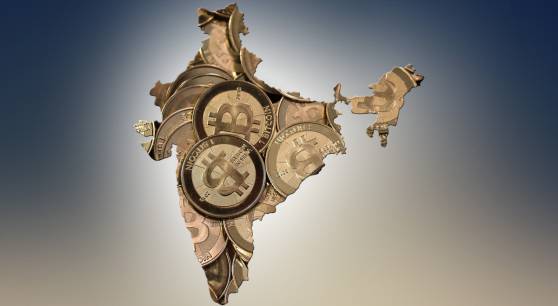New Delhi – India is reportedly planning to show some flexibility in its stand to restart the stalled talks with the World Trade Organization (WTO) and may not that press for protection of welfare schemes for farmers that the government may launch in the future, Indian media reported today.
Reports say that New Delhi will most likely press for the WTO to agreeon a roadmap to define rules on “existing” subsidies includingthe recently launched food security program.
India will simultaneously insist on a “discussion” on protecting small and marginal farmers planning to take the Government incentive to move from cultivating subsidized food grains to non-subsidized cash crops in the future.
India’s nuanced change in stance, which will be presented in the WTO’s general council meeting on October 21 in Geneva, is part of New Delhi’s efforts to ratify a deal on easing global customs that has remained blocked for some time.
India accepted the blame for blocking WTO’s trade facilitation agreement (TFA) in July as it wasn’t bundled with a roadmap for rules on food subsidies.
The TFA was designed to make trade easier, faster and cheaper by making systems transparent and reducing red tape. New Delhi is of the view that without a permanent solution on food subsidies, India’s public stockholding program such a buffer stock of foodgrains will be hampered by the present ceiling on subsidy to farmers.
The officials told HT that while part of India’s revised proposal wouldbe an indefinite “peace clause” on food security till a permanent solution is found for existing subsidy schemes, will unlikely insist on protection future welfare schemes that the government may launch, a departure from its earlier hardline position.
A “peace clause” gives legal security to member countries and protects them from being challenged under other WTO agreements. Existing rules place a cap on food subsidies at 10% of the value of production calculated at a price of the mid-1980s. India and other countries thatcould breach the permissible limit under this rule want the prices to be indexed at current levels.
Wednesday, April 17, 2024
India may soften stand to get WTO talks going

Pride and hype as F1 roars back to China after Covid absence
10:36 PM | April 16, 2024
No let-up in Karachi street crime incidents
10:35 PM | April 16, 2024
Stock market today: Most of Wall Street weakens again as Treasury yields rise more
10:34 PM | April 16, 2024
Muslim K-popstar Daud Kim buys land to build mosque in South Korea
10:33 PM | April 16, 2024
Punjab Stadium unavailability derails National Challenge Cup 2023 Final Round
10:28 PM | April 16, 2024
Political Reconciliation
April 16, 2024
Pricing Pressures
April 16, 2024
Western Hypocrisy
April 16, 2024
Policing Reforms
April 15, 2024
Storm Safety
April 15, 2024
Democratic harmony
April 16, 2024
Digital dilemma
April 16, 2024
Classroom crisis
April 16, 2024
Bridging gaps
April 16, 2024
Suicide awareness
April 15, 2024
ePaper - Nawaiwaqt
Advertisement
Nawaiwaqt Group | Copyright © 2024





